Cannes 2018: Awards predictions and highlights from the festival
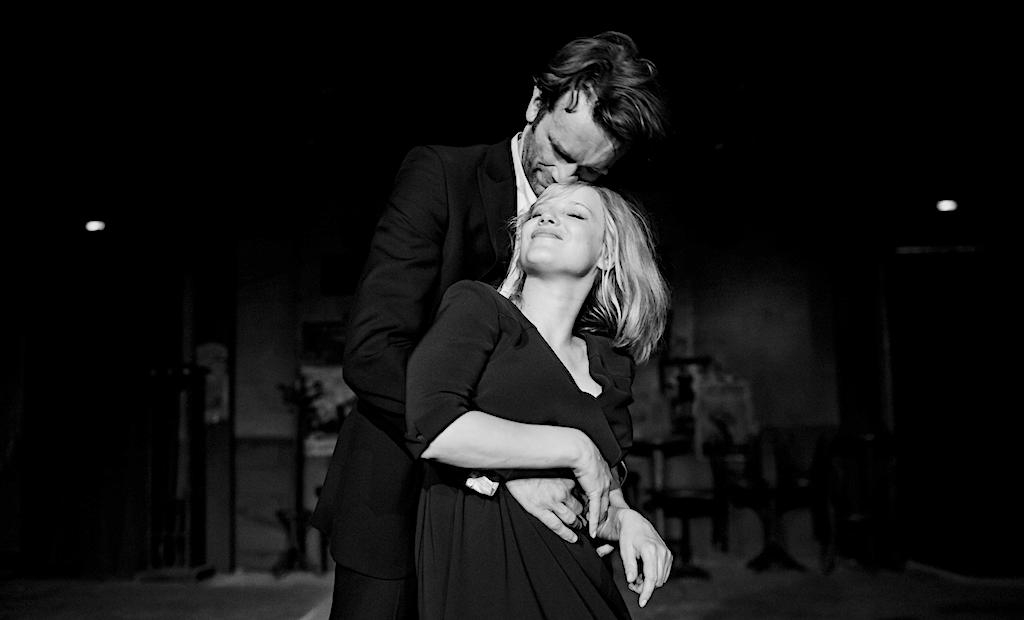
The 71st edition of the prestigious Festival de Cannes featured seasoned talent alongside new and preciously unknown rising stars. As always, the Croisette loves a good controversy and this year certainly didn’t fail to deliver. Lars von Trier made his comeback with The House That Jack Built but was met with tremendous criticism of the grotesque work which was filled with mutilated bodies and perverse insights. Several banned films including Jafar Panahi’s 3 Faces and Wanuri Kahiu’s Rafiki screened, bringing recognition to the power the festival has in a political sense. Despite an official request on behalf of the festival, Panahi was forbidden from leaving Iran. He’s been banned from making films, yet 3 Faces managed to make it into the hands of the jury. Spike Lee’s BlacKkKlansman packed a powerful punch, followed by what was nothing less than a total denouncement of American president Donald Trump and the resurgence of the alt-right across the world. Director David Robert Mitchell fumbled questions regarding the representation of women in his noir male fantasy film Under the Silver Lake. The festival attempted to ameliorate criticism for a lineup which included only three films made by women in the competition section by allowing a “protest” led by this year’s jury president Cate Blanchett on the steps of the Palais. While it was a fair acknowledgement, it will be interesting to see if any real action is taken to open up the competition in the future.
There are very much two worlds in Cannes: one where the spirit of original and cutting-edge auteur work is celebrated and championed, and one where prestige and star power counts for a lot. One can’t help but wonder what a more democratic competition would look like but, ultimately, the glamour is an inextricable part of the event. What would the festival be without the yachts, beach parties and the now selfie-less red carpet? The exclusivity is part of it. Un Certain Regard and Director’s Fortnight have traditionally been the sections to find up-and-coming talents and some of the more experimental cinema. These visionaries capture the spirit of what perhaps the festival should be but, ultimately, the in competition category panders to a different, slightly less authentic agenda. Either way, the top fest has a tremendous power to set the tone for what kind of work will ultimately get the best distribution deals and has the potential to catapult standouts into instant fame. It’s a fascinating world, full of an equal mix of talent, big names and total blaggers that flood the Croisette year after year. Here are our predictions and highlights:
Palme d’Or
Joseph Owen
Burning felt the most complete and beguiling film in competition, but its elliptical strangeness may not translate to jury consensus. Cold War had an exquisite brevity that could be seen as slightness. Capernaum may resonate. The courtroom framing device is weak and the structure half-baked, but the astonishing middle act, wherein a young boy and toddler attempt to survive on the streets in a Lebanese inner city, could swing the jury’s vote.
Zoe Tamara
BlacKkKlansman. Spike Lee returns to Cannes with a radical declaration on racism in the US. Telling the incredible true story of Colorado police officer Ron Stallworth, this exciting film is as phenomenal for its throwback 70s style as much as it is for the important, unapologetic political statement it makes. An all-star cast fills out the team on this film that’s sure to generate buzz post-festival.
Un Certain Regard
Zoe Tamara
Luis Ortega’s crime drama The Angel has the perfect mix of intense conflict and absolute joy. Indiscriminate theft and murder sounds like a dark tale but the story is told with joie de vivre that’s simply intoxicating to behold.
Director’s Fortnight
Zoe Tamara
Panos Cosmatos shocks and thrills audiences with his sophomore feature Mandy, a bloody barbarian flick featuring Nicolas Cage. The antics of this dark fantasy are pure fun and an incredible attention to the world-making result in a film which is nothing less than fantastic in every sense.
Best director in competition
Joseph Owen
If not the Palme, Lee Chang-Dong should surely take away the director prize. There are several moments of pure euphoric brilliance in Burning, namely a provocative twilight dance and clumsy, off-kilter sexual encounter. Brilliantly, we spend most of the time staring at the wall. Although not as formally daring, Hirokazu Kore-eda’s Shoplifters expertly captures the ambiguous family ties and casual deceptions of its characters. His recognition would be worthy of the festival.
Best director overall
Zoe Tamara
Kazakhstani director Adlikhan Yerzhanov presents audiences with the highly stylised and incredibly precise The Gentle Indifference of the World (Un Certain Regard). Filled with symbolism and rich with referential nods, this is a film for cinephiles and art lovers alike. A keep eye for detail and a unique cinematic style makes this masterpiece of a film a deeply profound experience to take in.
Best actor in competition
Joseph Owen
Steven Yeun is hypnotic as Ben, the oleaginous Gatsby figure in Burning. There are two standout moments in which the same thing happens: at dinner parties Ben barely suppresses a yawn before capturing the eye of Jongsu, the gauche protagonist; and when they lock eyes, Ben offers a smirk both playful and ominous, exemplifying the pervasive unease shot through the film. Yeun, along with his fellow cast members, produces the most unsettling performance of the festival.
Best actor overall
Zoe Tamara
Victor Polster absolutely stuns as Lara in Lukas Dhont’s Girl (Un Certain Regard). The newcomer is the obvious choice for the honour, giving a tour de force performance in a complex and powerful story.
Best actress in competition
Joseph Owen
Zhao Tao as Qiao in Ash Is Purest White. It’s a performance of astonishing range, taking in the emotional and physical changes of a woman in love over several decades. From spritely to assured to weathered down, Qiao absorbs the Chinese epoch of massive economic, technological and social change. She can handle a gun, too, as evidenced in one of the most viscerally exciting scenes of this year’s Cannes, a violent free for all that results in a weapon being drawn and a bullet stinging upwards into the air.
Best actress overall
Zoe Tamara
Eva Melander takes on a difficult role as Tina in Ali Abbasi’s Border (Un Certain Regard). The Swedish actress transforms herself for this challenging character and commits with absolute abandon, imbuing the role with both a unique and universal quality. She’s in a category of her own with this incredible role.
Personal favourite
Joseph Owen
The opening film of this year’s Un Certain Regard is a concussive blitz of fury and nihilism. Donbass is not perfect, but it’s a bravura set of vignettes from Sergei Losnitza. The distortions of media perceptions, the brutality of political authority, the wickedness and levity of crowds, all shown in the savage crisis of Eastern Ukraine. Russia doesn’t come out well, and nor do many of us.
Personal highlights
Joseph Owen
Cannes felt slightly more subdued this year, with fewer big names in competition. Most of the stars made up the jury. Life was made easier by staying in Cannes itself, and our palm-reading AirBnB host offered a pleasant distraction from the festival hubbub. Access around the Palais was quicker and smoother, and I ate relatively regularly, drank more and wished the ground would swallow me up less often. I’ve had enough espressos and San Pellegrinos to last a lifetime, mind. Festival romance was at a minimum due to work constraints, and still no sea swimming unfortunately. Did end up in a rooftop party paying 32€ for a double mezcal soda and a lifetime tab at the Irish pub. A life well lived.



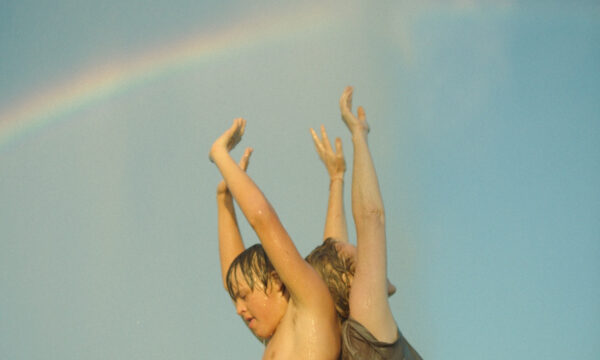
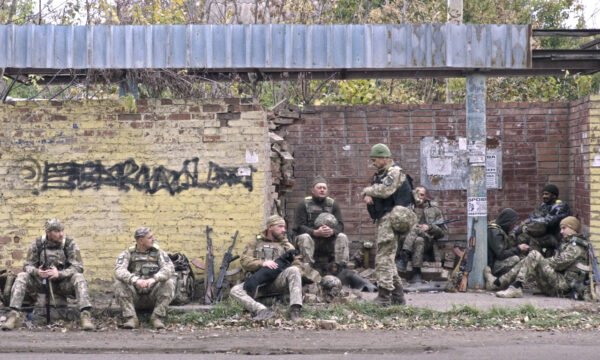
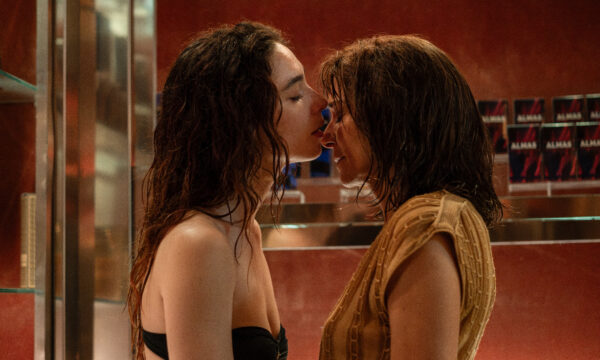
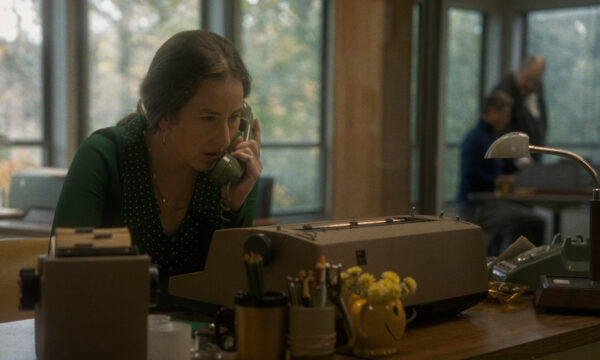


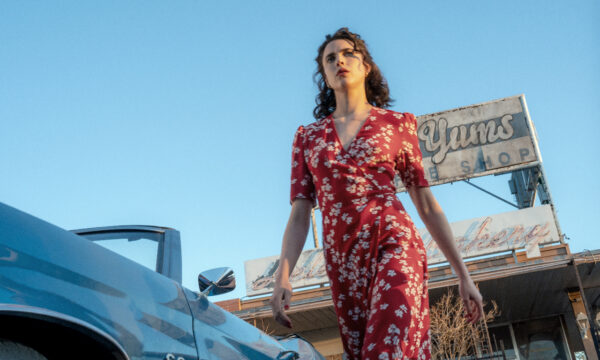
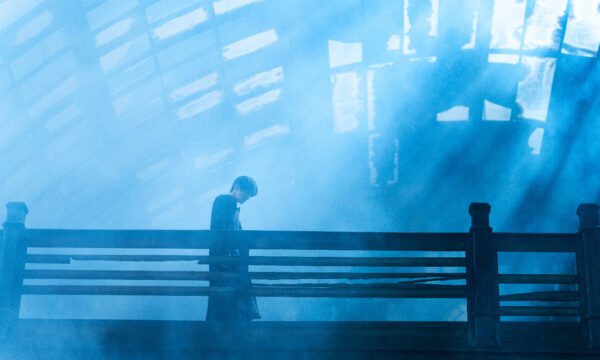
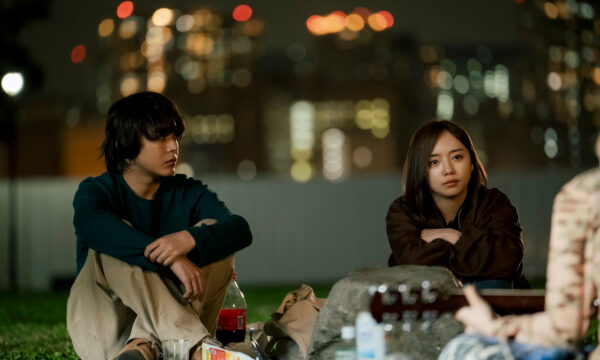










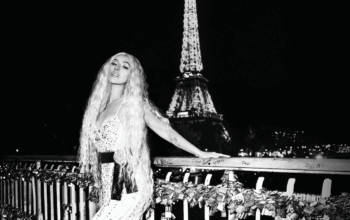

Facebook
Twitter
Instagram
YouTube
RSS